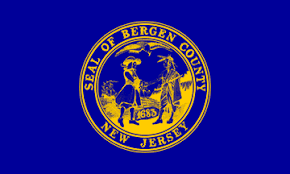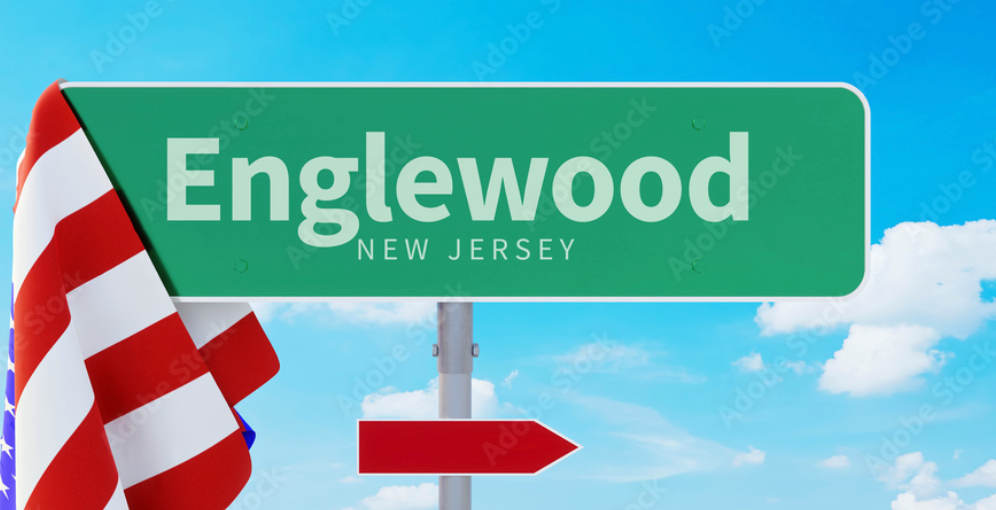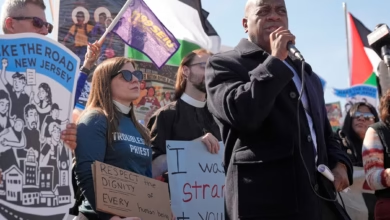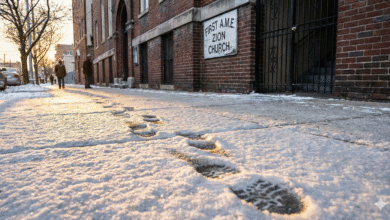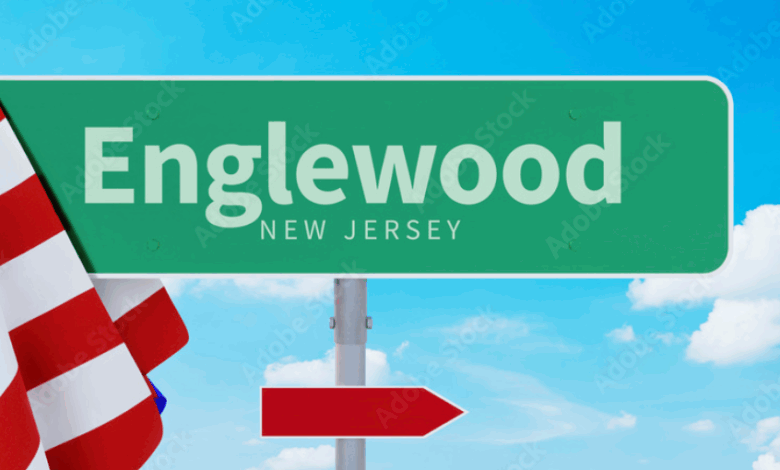
Englewood, NJ: A City of Legacy, Culture, and a Future Worth Building
Just minutes from the George Washington Bridge and bursting with character, Englewood, New Jersey is a city where history, art, and community converge. Known for its cultural contributions, civil rights legacy, and economic contrasts, Englewood is one of Bergen County’s most storied and dynamic places. For the African American community and the broader diaspora, it has long been both a sanctuary and a stage.
Origin and History
Englewood’s roots run deep—through Native lands, colonial pathways, and the pulse of American transformation.
- Lenape Homeland: Long before European colonization, the area was inhabited by the Lenape people, who lived along the Hackensack River and surrounding woodlands.
- Early Settlement: Dutch and English settlers established the area in the 1600s. By the 1800s, it grew as a residential suburb for wealthy New Yorkers.
- Incorporation: Englewood was officially incorporated as a city in 1899, evolving into one of Bergen County’s few full-fledged urban centers.
- Black History & Civil Rights: Englewood was home to The Liberty School, one of the first integrated schools in the area, and served as a base for civil rights advocacy during the mid-20th century.
Demographics
Englewood’s population reflects a blend of old Bergen County roots, immigrant energy, and Black cultural legacy.
- Population: Approximately 29,000 residents (2020 U.S. Census)
- Cultural Composition: Englewood is one of the most racially and ethnically diverse cities in North Jersey. It includes long-established African American families, Dominican, Jamaican, Korean, Jewish, and Filipino communities.
- Language: English and Spanish are widely spoken, along with Haitian Creole, Korean, and Tagalog.
- Neighborhoods: From the historically Black Fourth Ward to the affluent East Hill, Englewood’s neighborhoods reflect the city’s socioeconomic contrasts—and opportunities for equity.
Geographic Location and Size
Englewood is both a residential haven and a central node for work, culture, and education.
- Size: 4.9 square miles
- Borders: Surrounded by Teaneck, Englewood Cliffs, Tenafly, Leonia, and Fort Lee.
- Transit Access: Served by NJ Transit buses and major roads like Route 4 and Route 9W, Englewood offers fast access to Manhattan, Hackensack, and Newark.
Where We Thrive
Englewood is a cultural and communal powerhouse—from jazz to justice, from public schools to small business.
- Dwight Morrow High School & Academies @ Englewood: A diverse student body, magnet programs, and strong alumni base make the high school a hub of both challenge and innovation.
- BergenPAC (Performing Arts Center): Located in a historic theater, it brings music, dance, and celebrity talent to the community—and offers arts education to local youth.
- Black-Owned Businesses: Beauty salons, law firms, health & wellness studios, and creative agencies continue to thrive, particularly in the West Englewood and Palisade Avenue corridors.
- Faith & Leadership: Black churches, civic clubs, and community orgs remain strong forces for advocacy, mentorship, and youth engagement.
Fun Facts and Local Gems
- Notable Residents: Englewood has been home to luminaries like Sarah Vaughan, John Travolta, Eddie Murphy, and Spike Lee’s production team.
- Flat Rock Brook Nature Center: A 150-acre preserve offering hiking trails, outdoor classrooms, and environmental programming.
- Mackay Park: A central green space with a skate park, track, and public pool—a gathering place for generations.
- Englewood Hospital: A leading health center known for its commitment to medical equity and patient-first care.
Challenges and Change
Englewood’s complexity is its strength—but also its challenge.
- Economic Divide: The disparity between East Hill wealth and West Englewood working-class neighborhoods is stark and long-standing.
- Gentrification Pressures: Rising property values and redevelopment threaten to displace low-income families and renters, particularly in historically Black areas.
- Educational Equity: Despite strong schools, disparities in access to gifted programs, arts funding, and advanced courses persist.
- Youth Voice & Safety: Young people of color continue to advocate for safe spaces, creative outlets, and equity in policing and resource allocation.
Community Voices
“Englewood raised me—and it keeps raising the bar. We’ve got culture, intellect, legacy—but we also need unity, investment, and representation that reflects all of us.”
— Janaya T., educator and youth mentor
Why Englewood Matters
Englewood is not just another North Jersey city—it’s a symbol of what happens when history, culture, and community overlap. For the African diaspora, Englewood is both legacy and battleground: a place to be proud of, to preserve, and to reimagine.
Platforms like HFYC exist to highlight cities like Englewood—because the stories here aren’t just regional, they’re national. They shape how we understand race, resilience, and rebirth in urban America.
Call to Action
Are you from Englewood? Know a student, entrepreneur, pastor, parent, or artist helping keep the city strong?
Tell us their story.
Nominate a neighbor, spotlight a business, or submit your own perspective on what Englewood means to you.
